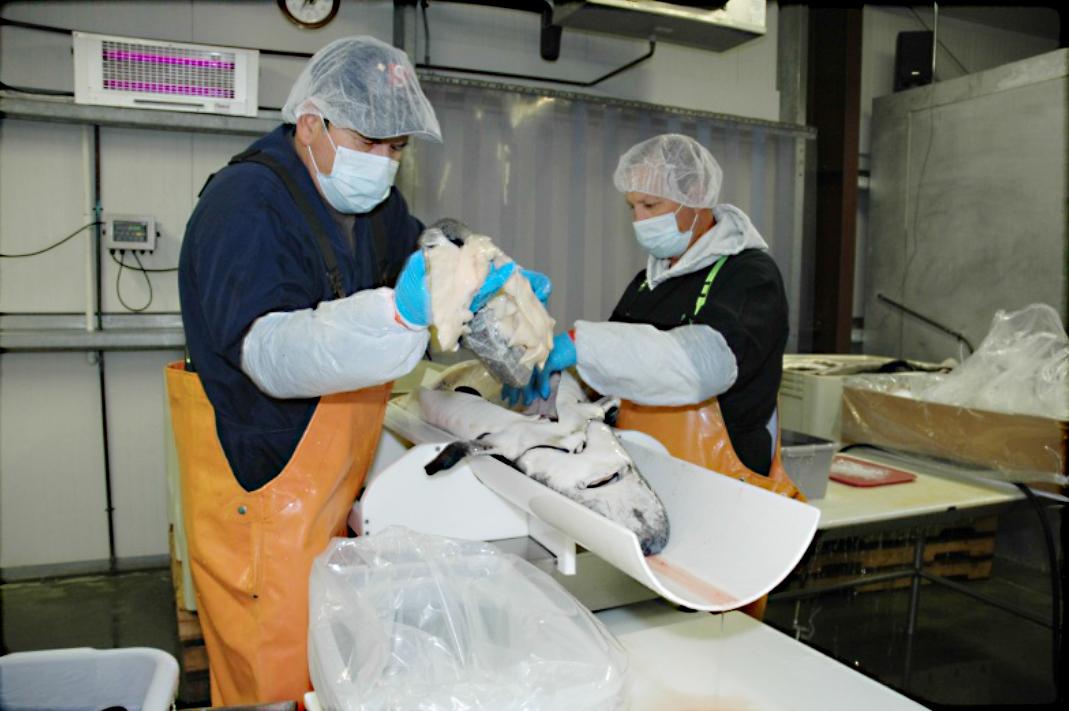
Environmental and endogenous factors affecting egg quality and caviar yield in farmed sturgeon
As the international market grows ever competitive, sturgeon farmers in the Western United States strive to enhance their efficiency and the quality of caviar they produce. Variables such as environmental conditions, genetic composition, and developmental factors influence both yield and quality of caviar, yet a comprehensive understanding of these effects remains undefined. The imperative is clear: to foster sustained production of premium sturgeon caviar within our region, we must explore, elucidate, and navigate this triad of factors.
Objectives
- Conduct feeding trials to determine the effect of dietary energy on roe yield in early and late maturing females
- Conduct a feeding trial with prepubertal sturgeon to determine effects of dietary energy on accumulation of ovarian fat in early ontogeny
- Determine the effect of farm, diet, and maturity age on chemical and sensory properties of caviar
- Determine the dietary effect on the crude chemical composition of sturgeon ovaries and proliferation of adipose tissue in prepubertal fish
- Determine the effect of genotype on roe yield and ovarian adiposity in adults and on ovarian adiposity in prepubertal sturgeon
- Develop an integrated approach for management of farmed sturgeon with high caviar yield and quality as outreach for project
Reports
Project Summary
| Duration: | 4 years |
|---|---|
| Funded Date: | 09/01/2010 |
| Funding level: | $480,000 |
| PI: |
|
| Advisors: | |
| Location: | California - CA, Idaho - ID, Montana - MT, Washington - WA |
| Species: | Sturgeon |
| Topics: | Broodstock, Diet and Nutrition, Economics, Grow out |
